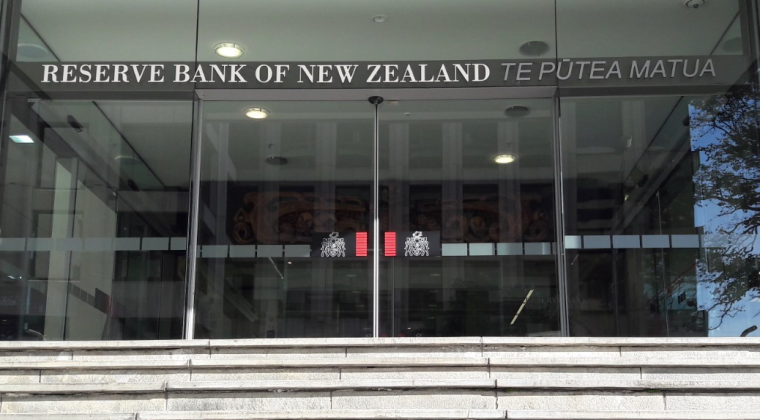
Start-up banks have been licenced in the UK and Australia over recent years by regulators and governments keen to foster banking competition. However in New Zealand the Reserve Bank is pointing any would-be bank start-up down the non-bank deposit taker path.
The Australian Financial Review reported last week that Volt Bank, 86400 and Judo Capital, three start-ups all less than a year old, could be operating under full, unrestricted banking licences granted by the Australian Prudential Regulation Authority by Christmas. Volt already has a restricted licence, which limits its aggregate amount of deposits to A$2 million.
In the UK a series of new, millennial-focused banks have emerged over recent years including Monzo, Starling and Atom. This comes after the UK's Prudential Regulation Authority changed bank licence rules to encourage applications from "challenger" banks in 2014. In the UK there's even a new bank start-up unit, which is a joint initiative between the Prudential Regulation Authority and the Financial Conduct Authority.
However here in New Zealand, where the four Australian owned banks have about 90% of the banking market, the Reserve Bank is in no rush to follow the Australian and UK leads. Instead it points to the non-bank deposit taker (NBDT) option. NBDTs, which like banks are licensed by the Reserve Bank, currently include finance companies, building societies and credit unions.
"There are no plans to issue restricted banking licences in New Zealand at present," a Reserve Bank spokesman told interest.co.nz.
"From time to time we receive enquiries considering applying for registration as a bank or licensing as an NBDT. However, we have not received any approaches in recent years from entities specifically seeking a restricted banking licence. A certain level of resourcing and capability is necessary in order to register as a bank, which would generally constrain the ability of a start-up to secure full banking registration under the current rules."
The Reserve Bank spokesman said start-ups could begin operating without calling themselves a bank and seek banking registration down the line.
"An entity could originally licence as an NBDT and then seek banking registration at a later date. There are several examples of NBDTs that have become banks since 2008 - specifically Southland Building Society, now SBS Bank, Heartland Building Society, now Heartland Bank, and PSIS, now the Co-operative Bank."
"With a handful of very minor exceptions, an entity must become a registered bank if it wishes to call itself a bank when carrying on activities in New Zealand. And to be registered as a bank an entity has to have initial capital of at least $30 million, and a credit rating, which we normally expect to be investment grade," the Reserve Bank spokesman said.
He added that the existing rules for both NBDTs and banks are quite flexible and allow for licences or registration that restricts an entity’s business.
"In general, however, there is less of an argument for some form of restricted banking licence in New Zealand because: the existing framework already allows certain types of activities to be carried on without an entity being registered as a bank or licensed as an NBDT, for example, it would not cover a purely wholesale funded entity that did not call itself a bank; and banks are subject to more intensive regulation than NBDTs at the moment, so there are already effectively two tiers of deposit taking institutions in New Zealand."

We welcome your comments below. If you are not already registered, please register to comment
Remember we welcome robust, respectful and insightful debate. We don't welcome abusive or defamatory comments and will de-register those repeatedly making such comments. Our current comment policy is here.